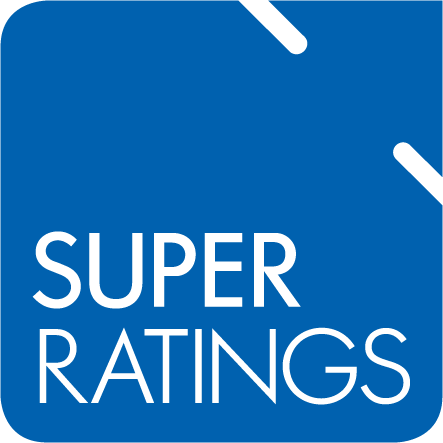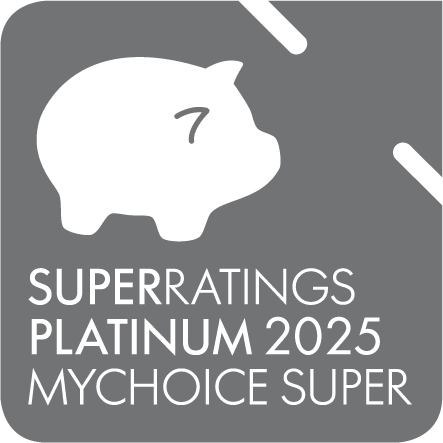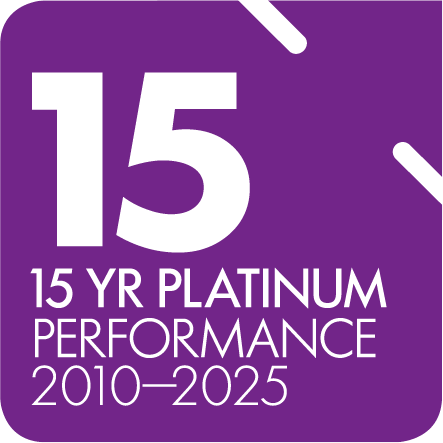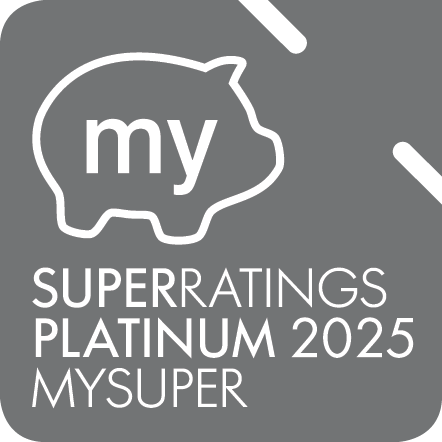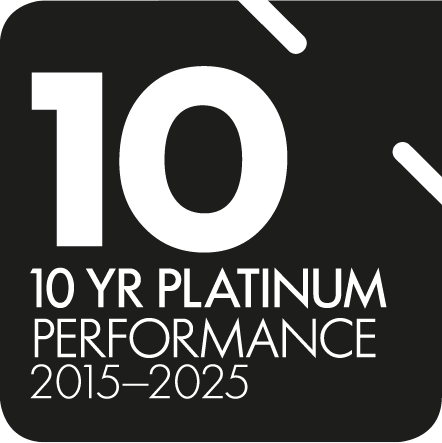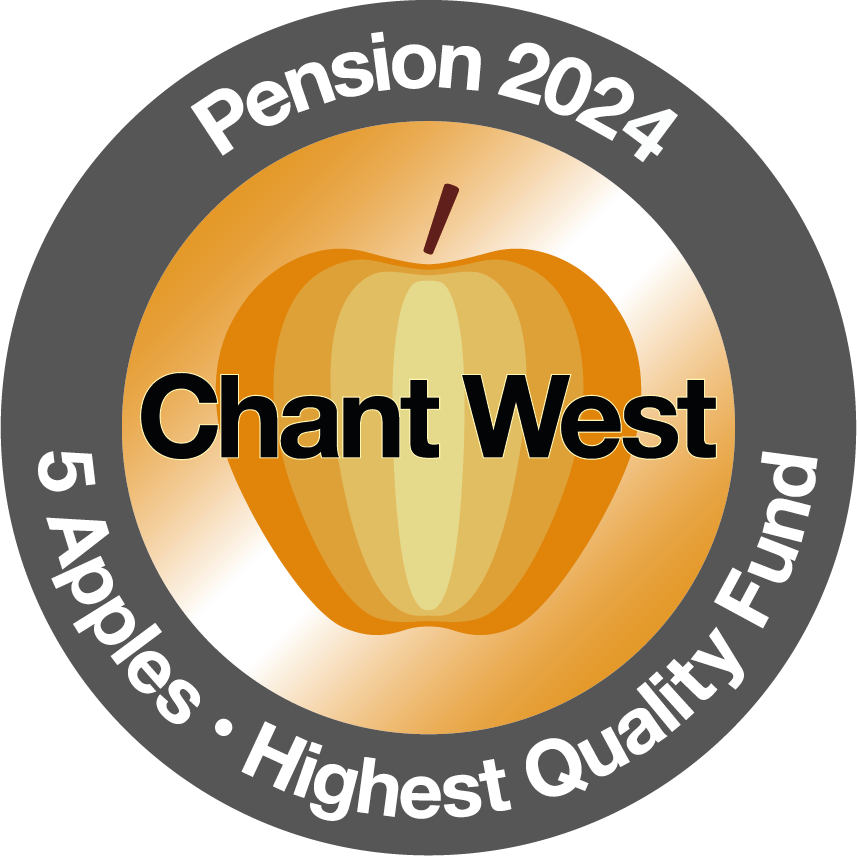EOFY super tax tips

As we approach the end of the 2020/21 financial year, it’s time to get your finances in order.
The previous 18 months may have seen massive global disruptions due to COVID-19, but superannuation continues to be a great way to save for your retirement.
It also benefits from a number of government incentives that can help you reduce your tax and boost your long-term super balance. We’ve outlined several strategies below.
But the clock is ticking, and you’ll need to take the following actions ahead of June 30 to enjoy the benefits.
Things you need to know
Get your contributions in on time
If you want to include your super contributions in the 2020/21 financial year, you’ll need to get them in before 30 June 2021. This is particularly important if you plan to claim a tax deduction for contributions.
Depending on how you make your contributions the final cut-off date may be even earlier. Learn about our contribution deadlines.
Be aware of your contribution limits
There are annual caps on super contributions.
You can contribute up to $25,000 towards your super every year in ‘concessional payments’. This includes the Super Guarantee (SG) contributions made on your behalf by your employer and any salary sacrificing you may be doing.
You can also make $100,000 in non-concessional (after-tax) contributions each year.
In both instances, there are rules that may allow you to contribute more than these limits – see below for more information. This is something our financial planners can assist with, as there are tax penalties for exceeding these amounts.
5 ways to get the most out of your super this financial year
1. Lower your taxes with a deductible super contribution
If you have spare funds available, a non-concessional (after-tax) contribution can be an effective way to reduce your tax.
Paying additional amounts into your super and lodging a Notice of Intent (NOI) with your super fund allows you to offset this amount against your annual income. For example, if you were to pay an additional $10,000 into your super, you could then claim this as a tax deduction. In the process, you’ll reduce your taxable income.
Note that claiming a tax deduction on any after-tax ‘non-concessional contributions’ means they become a ‘concessional contribution’ and are subject to the $25,000 limit.^
Download the Notice of Intent form (NOI).
2. Make an after-tax ‘non-concessional’ contribution
If you’ve reached your $25,000 concessional limit you can still contribute towards your super. You won’t be able to claim this as a tax deduction, but it means you can continue to grow your super and benefit from long-term investment earnings.
These non-concessional (after-tax) contributions are capped at $100,000 per year. Although you can combine up to three years’ worth of contributions under the ‘bring-forward’ rule for a total of $300,000.
Making after-tax ‘non-concessional’ contributions is easy – you can make a direct BPay payment directly into your account or, use our provided form.
3. Consider salary sacrificing
Salary sacrificing allows you contribute a part of your pre-tax income directly into your super. Essentially, you nominate to have a certain amount of your wages paid directly to your super with every pay cycle.
The benefit of salary sacrificing is that these contributions are taxed at 15%, which is usually lower than the marginal tax rate you’d be paying on your income.
Depending on how often you’re paid, it may be too late to take advantage of salary sacrificing for the 2020/21 financial year. But this is something you can set up for next year. In most cases you can speak with your organisation’s payroll person and nominate how much you’d like to salary sacrifice.
Just remember that salary sacrifice contributions are counted as ‘concessional contributions’ and are subject to the $25,000 limit along with the contributions your employer makes on your behalf.
4. Take advantage of the government co-contribution
If you earn less than $54,837 and make a personal (after-tax) contribution to your super fund, you may be eligible for a government co-contribution of up to $500.
If you qualify for the above, for every $1 in after-tax funds you contribute towards your super (up to $1,000), the Government will chip in $0.50, up to a maximum of $500.
You can do this by setting up a direct debit or BPAY into your super. Find out more.
5. Make a spouse contribution
If your spouse or partner earns less than $40,000 in a financial year, you may be able to claim a tax offset if you make a superannuation contribution on their behalf.
This enables you to claim a 18% tax offset on super contributions up to $3,000 that are made on behalf of your spouse or partner, i.e. up to $540.
With only a few weeks left in the current financial year time is running out to take advantage of these tips.
If you’d like to learn more about your superannuation strategies for next financial year, please consider talking to one of our financial planners.
Issued by Togethr Trustees Pty Ltd ABN 64 006 964 049, AFSL 246383 ("Togethr"), the Trustee of Equipsuper ABN 33 813 823 017 ("Equip Super"). The information contained is general advice and information only and does not take into account your personal financial situation or needs. You should consider whether this information is appropriate to your personal circumstances before acting on it and, if necessary, you should seek professional financial advice. Where tax information is included, you should consider obtaining taxation advice. Before making a decision to invest in Equip Super, you should read the Product Disclosure Statement (PDS) and Target Market Determination (TMD) for the product which are available at equipsuper.com.au. Financial advice may be provided to members by Togethr Financial Planning Pty Ltd (ABN 84 124 491 078 AFSL 455010) – a related entity of Togethr. Past performance is not a reliable indicator of future performance.
